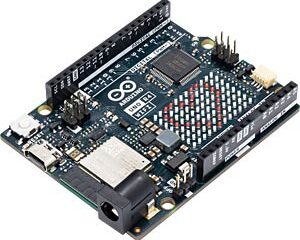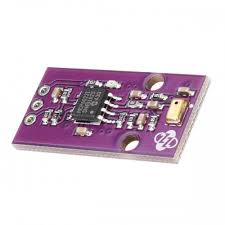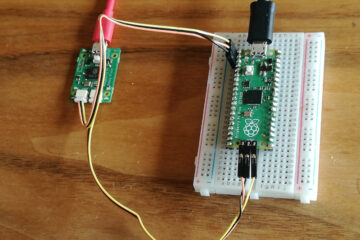Under the Hood: Arduino UNO R4 – PWM
In Arduino we can use the analogWrite(pin, value) method to create a PWM signal on the digital pins. The value parameter is used to change the duty cycle but the PWM frequency which is fixed at usually 490 Hz and can not be changed. Here is a simple example sketch that also works with the UNO R4: void setup() { pinMode(D2, OUTPUT); // set 100% analogWrite(D2,255) } void loop() {} Fortunately the Arduino UNO R4 Read more…





